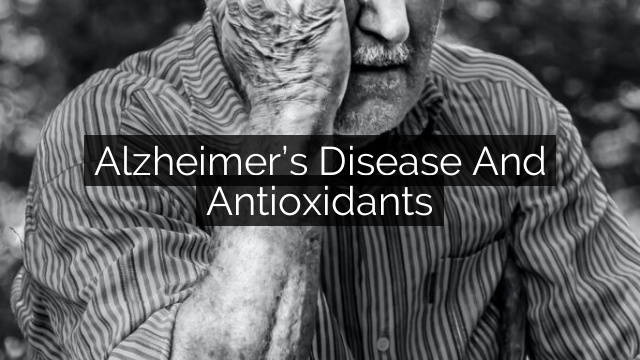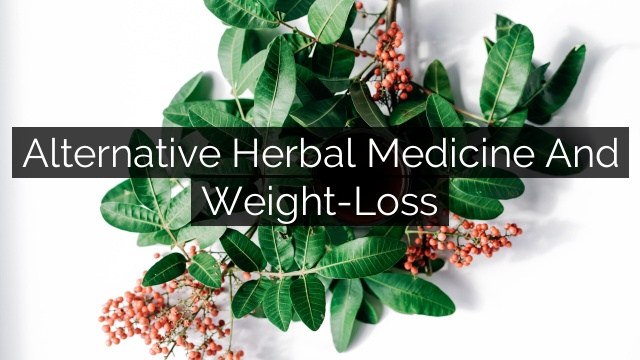At the present time, one out of 10 adults has some type of Alzheimer’s illness. According to Dr. Greengard, Director of the Fisher Center for Alzheimer’s Research at Rockefeller University, that number is anticipated to strike up to three times as many in the coming decades. Alzheimer’s is considered a disease of the elderly, and with the average lifespan of the United States population rising to 74, a solution to the medical problem is being sought.
For scientists, the biggest concern is what triggers Alzheimer’s and how it can be removed. For possible victims and their families, the question is: how do we prevent the dreaded condition or stop it in its tracks once it is detected?
Scientists remain in agreement and have actually limited the contributing elements causing Alzheimer’s disease. Many scientists agree that beta-amyloid is one of the proteins believed to cause damage to the brain in Alzheimer’s disease. The research study is trying to discover a deterrent and is recognizing antioxidants as being considered in protecting at-risk patients.
According to the Harvard Medical Center, continuing research studies are being carried out with some favorable outcomes. Although some research studies by the French point to wine as a protectant, the outcomes are significantly controversial. The part of the red wine that was suggested to be accountable for the protectant representative is still rather uncertain.
Current research studies, consisting of the study on red wine, point to anti-oxidants for Alzheimer’s and Dementia threat decrease.
In an Italian study carried out by A. Russo et al., it was found that black grape skin extract protected cells in a test tube from oxidative damage and DNA fragmentation when exposed to beta-amyloid. A much more current study by E. Savaskan et al. took a look at the active ingredient in red wine, resveratrol, and discovered it to be neuroprotective against beta-amyloid oxidative stress, once again supporting an antioxidant system.
What these research studies point to is that red wine may have an impact that might offer some protection against Alzheimer’s disease; however, the sign says it is the antioxidant element that is the hero. This is consistent with the reality that other antioxidants, most especially vitamin E, are being studied with excellent interest as prospective protective agents against Alzheimer’s illness. According to Dr. Steve Seiner, of Harvard Medical School, “While the results of these research studies do not necessarily recommend that individuals need to drink wine in order to decrease their risk of Alzheimer’s illness, they do support the possible role of antioxidant treatment in delaying or avoiding Alzheimer’s illness.”
In another research study by Robert P. Friedland, MD, chief of the neurogeriatrics lab at Case Western Reserve University School of Medicine, “if antioxidants show to secure against Alzheimer’s disease, it is most likely because they reduce what is called “oxidative tension” in cells.” He went on to say that his group thinks totally free radicals are the culprits of oxidative stress in cells triggered by the inappropriate consumption of some foods, such as those high in fat. In this study, Friedland suggests a “to-do” list for those who want to improve their chances of keeping a healthy brain. He suggests:
Consume a diet high in antioxidants.
Consume fish
Take vitamin E.
Take B vitamins.
Take folic acid.
Be mentally and physically active throughout life.
Prevent head injuries.

Photo by Towfiqu barbhuiya on Unsplash
When addressing the decrease of free radicals, it is vital to acknowledge the significance of oligomeric proanthocyanidins (OPCs) as the most effective antioxidant known in clinical research studies. OPCs are products that frequently originate from a combination of grape seed extract, red wine extract, and/or pine bark extract. They are really effective bio-flavanoids used as a health food supplement, ready to be taken into the body and start to assault the free radicals.
OPCs are safe and have been utilized for over 20 years throughout Europe. Extensive studies and laboratory screening expose no proof of human toxicity, allergies, birth defects, or carcinogenicity. OPCs work synergistically with other antioxidant vitamins, regrowing the antioxidant properties of vitamin C and vitamin E.
However, Bill Thies, Ph.D., vice president of medical and clinical affairs for the Alzheimer’s Association, states that although Friedland’s recommendations are probably helpful and that he agrees with all of them, he wants to “be really clear that the association is not making any recommendations about ways to prevent Alzheimer’s.” Thies is nevertheless associated with reading and learning about all studies worrying about Alzheimer’s Disease.
A study performed in Rotterdam, Netherlands, by Dr. Monique Breteler with the Eras UM Medical Center found the antioxidants beta-carotene, vitamin C, and vitamin E to be equally protective as a reducing factor in the battle versus Alzheimer’s. Her outcomes with the 5,000 volunteers over the previous 14 years validated some earlier studies that point to antioxidants as a way to lower the threat of dementia. She likewise said the protective effect of antioxidants was “more noticeable among smokers and among those who are carriers of the Alzheimer’s gene.”
It was also pointed out that diets rich in antioxidants are valuable, but in order to consume the required requirements, a person would need to triple, or more, their existing consumption, which Breteler says is most unlikely. Suggestions for correct quantities of consumption are through antioxidant supplements, including OPCs, vitamin E, and vitamin C.
What these research studies point to is that red wine might have a result that might offer some protection versus Alzheimer’s disease; however, the indicator states that it is the antioxidant factor that is the hero. According to Dr. Steve Seiner, of Harvard Medical School, “While the results of these studies do not necessarily suggest that people ought to drink white wine in order to reduce their threat of Alzheimer’s disease, they do support the prospective role of antioxidant treatment in preventing or postponing Alzheimer’s illness.”
OPCs work synergistically with other antioxidant vitamins, regrowing the antioxidant residential or commercial properties of vitamin C and vitamin E.
However, Bill Thies, Ph.D., vice president of medical and scientific affairs for the Alzheimer’s Association, says Friedland’s recommendations are probably useful and that he agrees with all of them; he wants to “be very sure that the association is not making any recommendations on ways to prevent Alzheimer’s.” A study carried out in Rotterdam, Netherlands, by Dr. Monique Breteler with the Eras UM Medical Center found the anti-oxidants beta-carotene, vitamin C, and vitamin E appear to be equally protective as a decreasing aspect in the battle versus Alzheimer’s. She likewise stated that the protective effect of antioxidants was “more pronounced among smokers and among those who are carriers of the Alzheimer’s gene.”



0 Comments